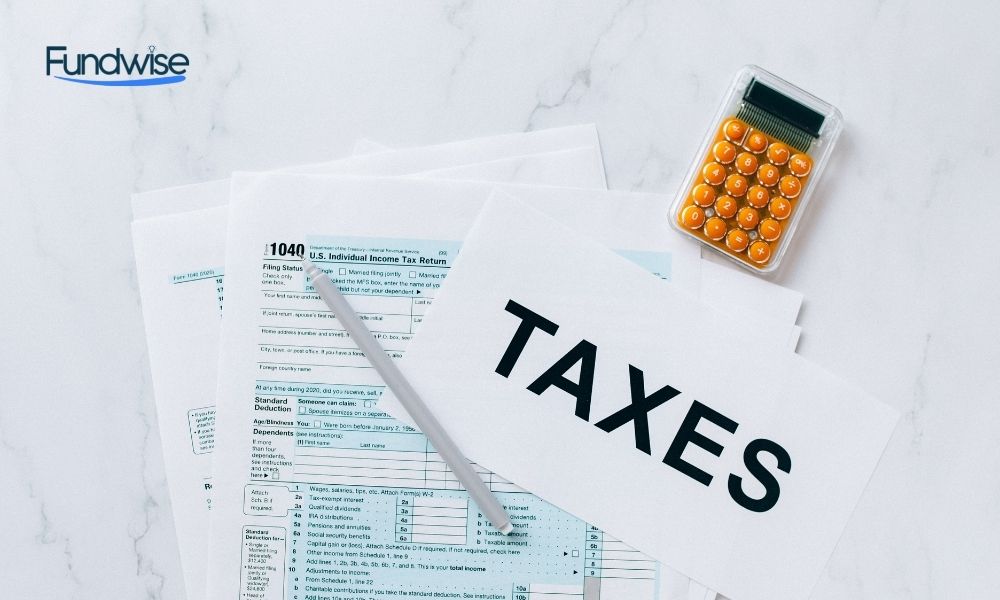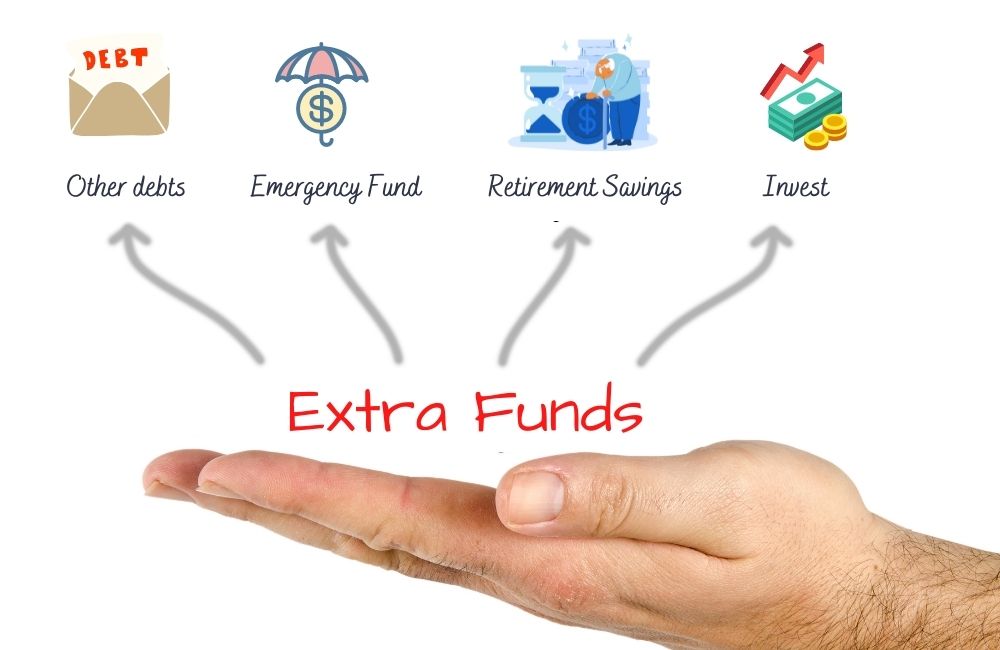The most awaited moment for anyone who has successfully applied for a loan is of course the time the loan will be paid off. When this day comes, a debtor must know that there are a few more steps that you must undertake before you are fully free of the loan.
1. Ensure that you receive the closing documents
There will be certain documents that you will receive from the financial institution that you applied the loan in. These documents may include proof that you have paid the loan in its full amount and that you no longer have any outstanding obligations, and if you applied for a loan with a collateral, a document that states that there is no longer a lien on the property that you used as a collateral.

The next thing needed to do is to file those documents where necessary if you are required to do so. Sometimes the lenders do this themselves and it is better to pay something extra if they have the option to do this, this ensures that you won’t accidentally forget and face greater consequences later.
2. Update your taxes and insurance
There are various taxes and liens that come with applying for a loan. Insurance being one of them. If the loan plan that you have has an escrow where the financial institution that you applied for pays for your property taxes and insurances that comes with the loan using that escrow, then probability is that you have money left over in that escrow. Make sure that you are refunded the remaining amount in that account to you by the lender.

Once everything is paid for, there will no longer be a need to pay for any insurance from the loan. But while you may no longer avail of it, it is a smart move to actually maintain it, especially if the insurance is over a property that was used for a collateral. If you choose to do this, make sure that you contact the insurance provider and tell them that you have paid off the loan, and will now be paying for the insurance yourself.
The taxes however are not optional, and you would have to pay for them continuously now. Check with your city’s financing office and check out what deadlines you now have for your additional taxes.
3. Plan your extra funds
Now that you are paid with your loan, you will find that you suddenly have free funds that you can allocate elsewhere. The next thing you would have to do is decide on where you would allocate your now free funds that you used to allocate for the loan into other expenses to ensure that it will help improve your finances.
Some examples of where you can allocate them are:

To pay off other debts – You can use your now free funds to pay off other debts that you may have.
Place them in an emergency fund – emergency funds are named as such because they always come in handy when you need them the most.
Add them to your retirement savings account – You can never go wrong with a retirement fund for yourself.
Invest – Invest in something that can help you get additional funds in the future. Invest smartly!
Aim towards your other monetary goals – There are other monetary goals that you would have for sure, use these funds to achieve those goals.
4. Monitor your Credit Report
Having a great credit report is a good thing as it mirrors a bit of your unseen credit score that banks use. Make sure that every payment you made is correct and that it actually shows that you have paid off your existing loan. In the long run, a good credit score is always ideal.


